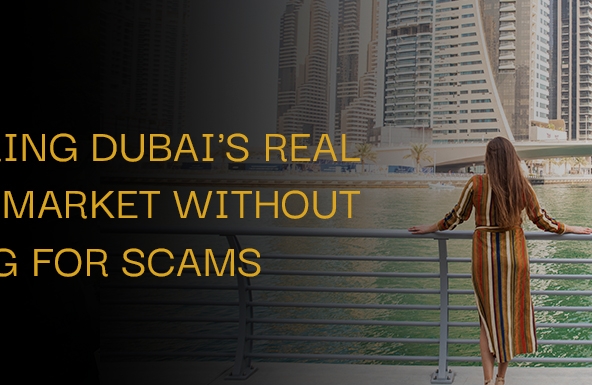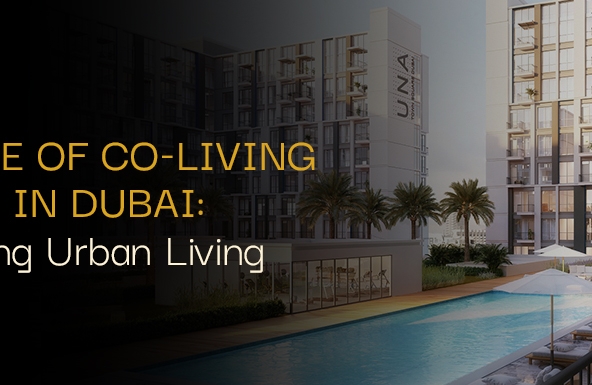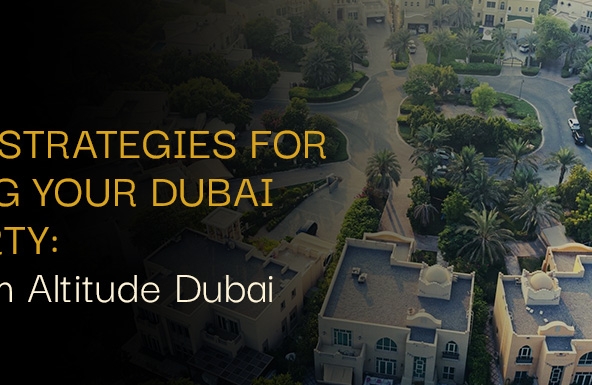Dubai’s economic agenda, known as D33, was recently announced by Sheikh Mohammed bin Rashid Al Maktoum, the ruler of Dubai and the Vice President and Prime Minister of the United Arab Emirates (UAE). The plan, which was unveiled in 2020, outlines a strategic vision for Dubai’s economic development over the next decade.
The D33 agenda has several key pillars, including the development of new technologies, the promotion of entrepreneurship and innovation, and the expansion of the city’s infrastructure. These pillars are aimed at driving economic growth, creating new job opportunities, and positioning Dubai as a global hub for innovation and technology.
One of the main goals of the D33 agenda is to make Dubai a “global laboratory for the future.” To achieve this, the plan focuses on the development of new technologies such as artificial intelligence, the internet of things, and renewable energy. The aim is to position Dubai as a leader in these emerging technologies and create a thriving ecosystem for startups and innovators.
Another key aspect of the D33 agenda is the promotion of entrepreneurship and innovation. Sheikh Mohammed has made it a priority to encourage local businesses to take risks and pursue new ideas. To this end, the government has established various programs and initiatives to support entrepreneurs, including incubators, accelerators, and funding opportunities.
Finally, the D33 agenda also includes a major expansion of the city’s infrastructure. This includes the construction of new roads, bridges, and public transportation systems and the development of new residential and commercial areas. The aim is to create a more livable, efficient, and sustainable city for residents and visitors alike.
The Dubai D33 Economic Agenda is expected to have a significant impact on the city’s real estate market. Here are a few ways in which the plan could benefit the Dubai real estate sector:
- Increased demand for housing: The expansion of the city’s infrastructure and the development of new residential and commercial areas could lead to an increase in demand for housing. This could result in higher property prices and a stronger real estate market overall.
- Attraction of foreign investment: The D33 agenda’s focus on technology, entrepreneurship, and innovation is likely to attract foreign investors to Dubai. This could lead to an influx of capital into the real estate market and drive up demand for properties.
- Development of new, innovative real estate projects: The D33 agenda’s emphasis on innovation could also lead to the development of new, cutting-edge real estate projects in Dubai. These could include smart homes, sustainable communities, and other innovative concepts that could appeal to both local and international buyers.
- Improved quality of life: The expansion of infrastructure and the development of new residential and commercial areas could also improve the quality of life in Dubai. This could make the city more attractive to both residents and potential buyers, which could boost the real estate market.
Overall, the Dubai D33 Economic Agenda has the potential to significantly benefit the city’s real estate market. If implemented successfully, it could lead to increased demand, foreign investment, the development of innovative projects, and an improved quality of life, all of which could contribute to a stronger and more vibrant real estate market.



